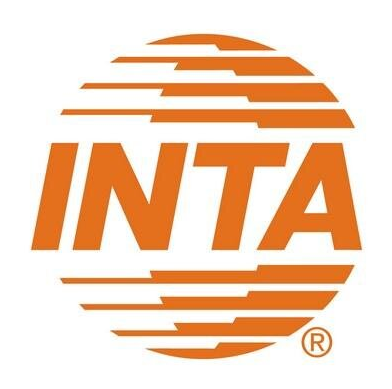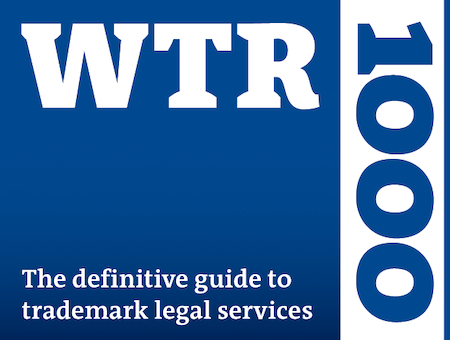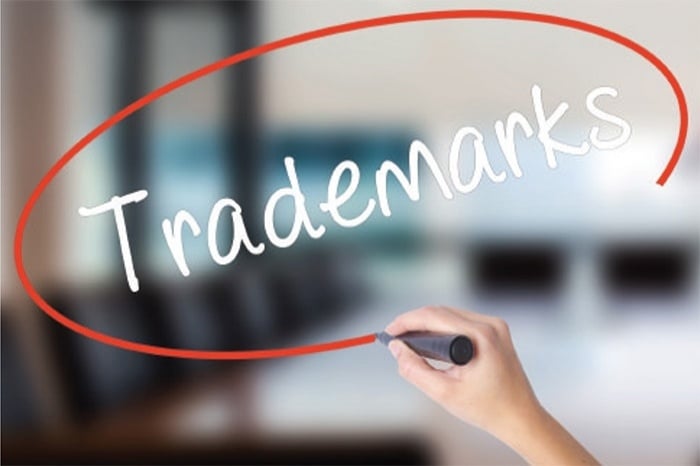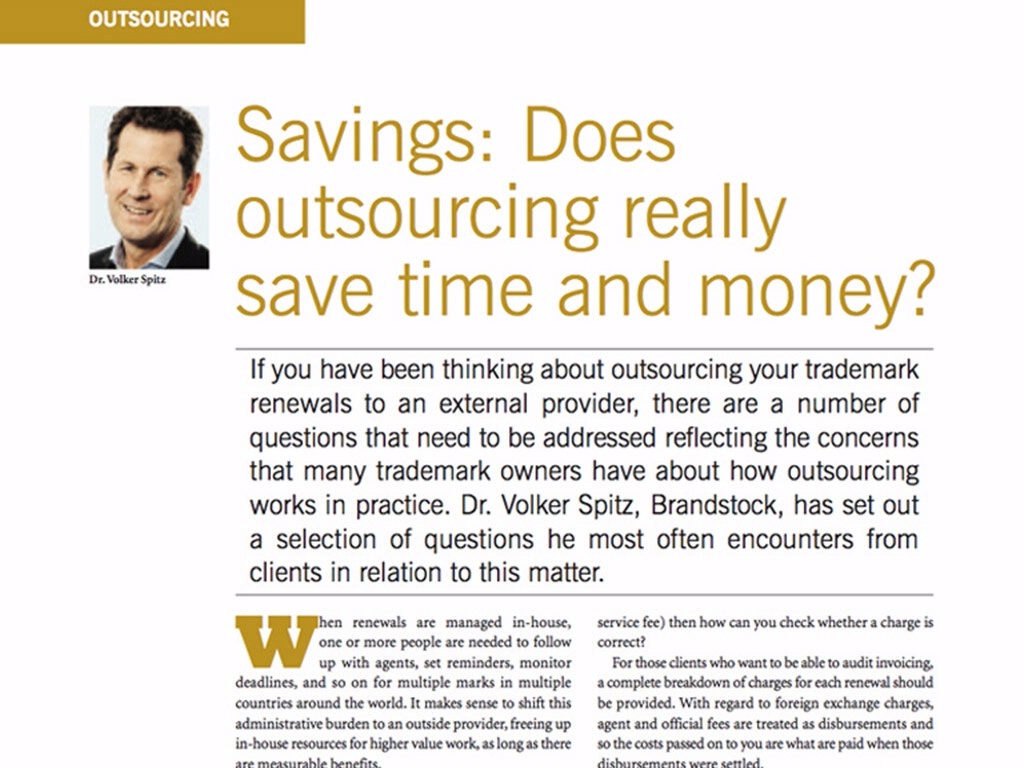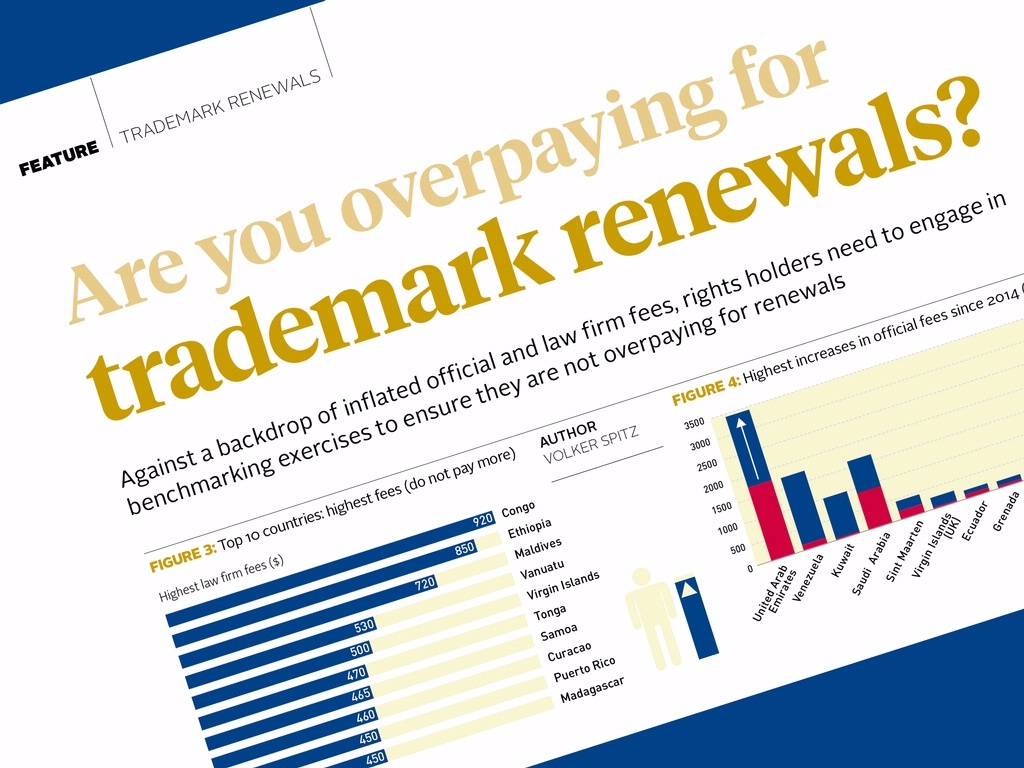Whenever a company undergoes a major change, IP counsel should think about whether any recordal and assignment work is required. Sometimes it’s obvious. If you acquire another company, there will almost always be a need to record the change of ownership of any trademark assets.
But it’s not just on these momentous occasions that a business might need to be thinking about recordals. Perhaps the biggest risk businesses run when it comes to recordals is missing something in the general course of operations which then becomes problematic at a later date.
It therefore makes sense for all companies to have not just a means of reliably identifying scenarios in which they should be thinking about recordals, but also a checklist for what to do once they have established that it is necessary.
Different companies will have different needs when it comes to recordals, and these needs will be influenced by many factors, including how good practice has been to date.
For many companies, a good starting point is to do an AUDIT:
-
Assess current assets and identify weak spots and inconsistencies, including whether registrations are complete and comprehensive and whether international registrations are designated in the right places.
-
Consider new projects and how these will affect the overall portfolio.
-
Look at the different territories in which you have rights, and assess whether there are particular issues in specific places.
-
If there have been any changes or restructurings, or if you have acquired/divested rights, look at whether these are up to date, consistent and robust.
-
How are you managing renewals and recordal changes? If through an external provider, are they doing all of it? Is it effective?
The chances are that this kind of audit will reveal several weaknesses, even in companies that have been typically effective at managing recordals.
Once you’ve established where the weaknesses are, there are several alternatives for what to do next. A certain amount of prioritization can be appropriate, though at Brandstock we would normally recommend you try and address recordals in one go rather than managing them piecemeal. This is because while the initial outlay may be higher with a holistic approach, the overall spend is likely to be lower, and the risks of missing important elements are reduced.
Solving the immediate issues is only the first step to ensuring your recordals strategy is effective. Smart companies treat this as an ongoing issue, either in conjunction with an external provider or in-house. Then, once the initial work has been done to tidy up the portfolio, the aim should be to embed good practice in the organization – so that when something changes, whoever is responsible for making that change knows how to ensure that the trademark in question is serving the purpose it is supposed to.
If you’d like advice or help with your recordals work, please contact Brandstock – we have decades of experience, and can help you avoid unnecessary business risk in the process. Contact us on recordals@brandstock.com.









